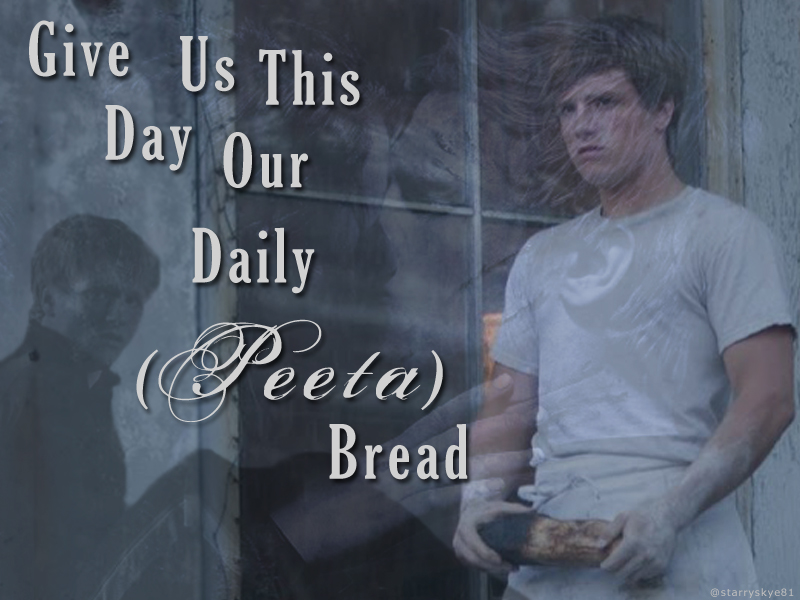Conservative themes in The Hunger Games
In the introduction to her book Raising Your Kids Right: Children’s Literature and American Political Conservatism, Michelle Abate briefly discusses conservative themes present in Young Adult fiction (9), but does not extensively discuss the genre. This exclusion led me to examine a topical Young Adult novel, Susan Collins’ The Hunger Games (and by extension, the recent film adaptation), and its relationship to conservatism. At first thought I was sure that there was little connection, but further investigation has changed my mind.
dystopian The first conservative connection agrees with Abate’s assertion of children’s literature affirming libertarianism. The novel is set in a future where North America is governed by a ruthless totalitarian regime that constantly oppresses its citizens sense of self and has direct control over all production and manufacturing. Throughout the book and series the main protagonist, Katniss, constantly rebels against the government, making her a compelling hero for a political group “concerned that the United States is rapidly drifting toward socialism and that the size and strength of government is infringing on individual freedoms.” (11) This theme of rebelling against big government is often seen in many YA dystopian novels.
Christianity has also been closely connected to the American conservative movement, especially since the rise of evangelical Christians in the 70s and 80s. Since the release of the novel’s film adaptation, several reviewers have cited elements of the film and novel that seem to connect to Christian themes. Reviewers at The Washington Times and The Christian Post point out the main protagonist’s self sacrifice asserts Christian ideals and connects her to Jesus. Another review connects another character, Peeta, to Jesus, drawing from “the Bread of Life” that he offers to Katniss, and the fact that he was left for dead, spent several days in a cave, and emerged “resurrected.” Although some of these connections may be a stretch, the fact that Christian groups across the nation are appropriating the novel and the film into sermons and bible study are evidence that some similar themes are present.
Perhaps it’s the fact that many of these stories can be interpreted in different ways that allows scholars to align them with specific ideals (although Help! Mom! There are Liberals Under My Bed probably can’t be argued many different ways). Conservative propaganda or not, Michelle Abate has definitely been successful in making me take closer looks at the literature children, and adults, are exposed to.

